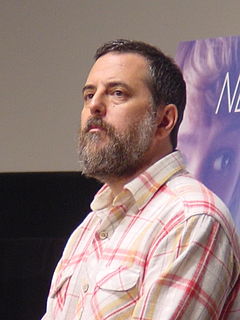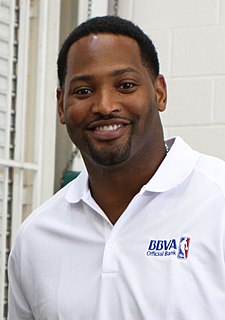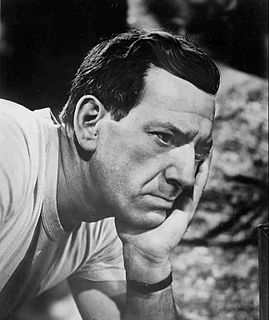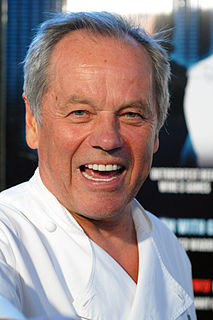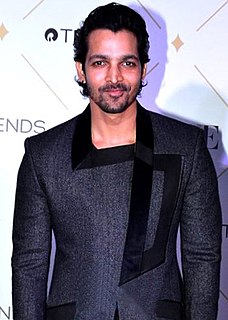A Quote by Mark Romanek
I always wanted to be a feature filmmaker and tried to treat that experience as some sort of elite film school where I could learn the craft, and got paid to learn the craft.
Related Quotes
The craft of writing is all the stuff that you can learn through school; go to workshops and read books. Learn characterization, plot and dialogue and pacing and word choice and point of view. Then there's also the art of it which is sort of the unknown, the inspiration, the stuff that is noncerebral.
Film and stage are very different; I don't necessarily prefer one over the other. Every few years, I get a big itch to go back to the theater. To learn humility, to learn bravery and to remind yourself that the pistons that drive your craft are working on full power. And to remind yourself how badly paid actors can be.
I applied [to film school] figuring, "I need to find some structure for myself. I need to find a way to figure out what kind of filmmaker I want to be." And that is what film school provides you with. It'll teach you the basics of how a production works and the technical side of how to put everything together, but you could also learn that by working on film sets.
Art is craft: all art is always and essentially a work of craft: but in the true work of art, before the craft and after it, is some essential durable core of being, which is what the craft works on, and shows, and sets free. The statue in the stone. How does the artist find that, see it, before it's visible? That is a real question.
